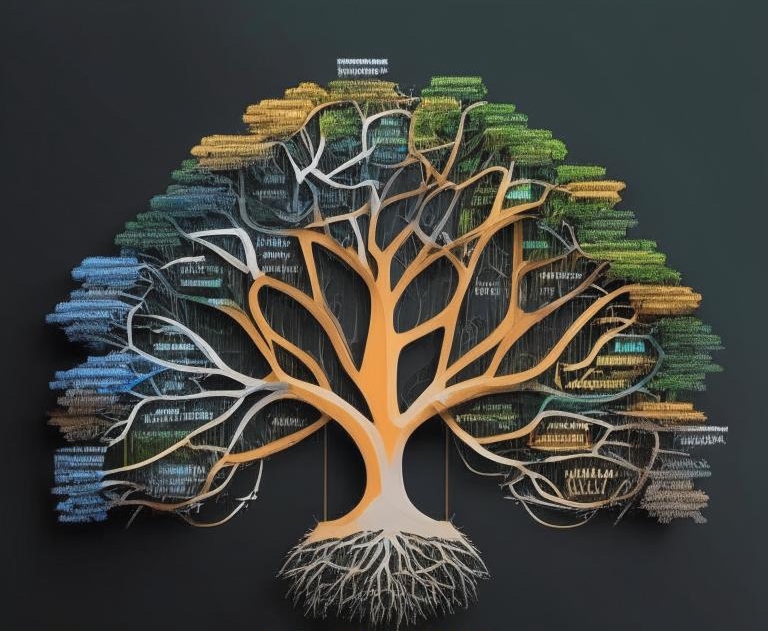Financial Systems
by Oleg Sovetnik
Let’s consider financial systems, which include payment gateways, banking information systems, trading platforms, and financial planning and asset management systems. These systems handle the processing and analysis of vast amounts of data, have high security requirements, and involve numerous agents: users, banks, exchanges, and financial institutions.
- Payment gateways and platforms: Systems for processing online transactions, integrating with banks, and facilitating payment processes.
- Banking information systems: Systems for managing banking operations, including transactions, loans, investments, and account management.
- Trading platforms: Systems for stock market trading and financial analysis.
- Financial planning and asset management: Systems for automating financial analysis, forecasting, and asset accounting.
Sociological Theories Applicable to Financial Systems:
- Systems Theory (Niklas Luhmann)
Financial systems can be described as complex dynamic systems interacting with external and internal agents. Luhmann’s theory views societies as systems exchanging information through coded messages (for instance, in the economy through money). Financial systems operate similarly, where money acts as a universal code, organizing interactions between system components.
Within systems theory, financial platforms can be seen as closed systems that exchange data (e.g., payments or transactions). The umwelt for payment gateways, banking systems, and trading platforms would be based on how these systems perceive “information codes” (such as money transfers or transaction data) and process them according to their internal logic.
- Field Theory (Pierre Bourdieu)
The financial system is not merely a technical infrastructure but also a social space where participants (banks, investors, traders, clients) compete for symbolic and economic capital. Bourdieu’s field theory describes how agents in the field act depending on their capital and strategies.
In the context of field theory, each agent in the financial system can be viewed as a subject with certain resources (capital), participating in the struggle for more advantageous positions. Payment platforms, for example, can be modeled as spaces where different financial actors (banks, companies, consumers) “negotiate” through transactions, each adding value to one actor while redistributing resources between others.
- Social Exchange Theory (George Homans)
Financial systems rely on the exchange of resources between participants, where key factors include cost, benefit, and trust. Social exchange theory views interactions as a series of transactions where agents aim to maximize benefits.
Within this theory, payment gateways and banking systems can be described as platforms for transactions where participants (banks, clients, companies) exchange value (money, data) to gain benefits. The umwelt would focus on mechanisms that ensure trust between participants (e.g., fraud protection systems) and optimize benefits (e.g., transaction fees).
- Network Society Theory (Manuel Castells)
Financial systems are complex global networks that connect people, organizations, and technologies into a unified system for processing financial operations. Castells’ network theory emphasizes how information is transmitted and disseminated through technological networks.
In network society theory, payment platforms and trading systems are considered nodes in global financial networks, connecting various financial institutions and market participants. The umwelt here describes how systems perceive global changes in the network (e.g., stock market fluctuations or market shifts) and adapt to them.
For financial systems, Luhmann’s systems theory is the most applicable. It allows for describing how payment gateways, banking platforms, and financial planning systems exchange and process data, functioning as closed systems with internal logic. Luhmann’s theory provides a framework for structuring interactions between various agents and defining system boundaries, which is crucial for maintaining stability and security in the financial sector.
financial systems theory systems-theory field-theory social-exchange theory network communities
